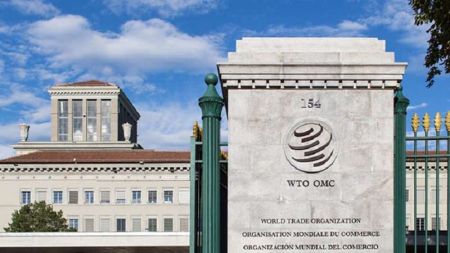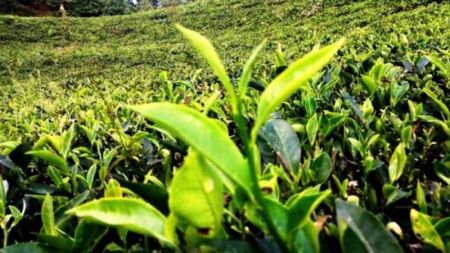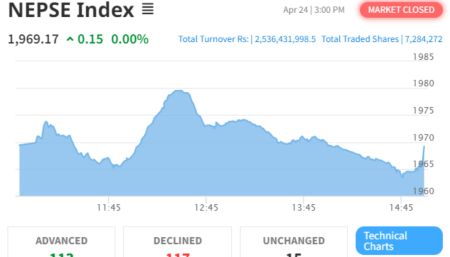May 1: Despite a decline in the import of most food items, Nepal has witnessed a more than two-fold increase in the cost of the import of food items via the Birgunj Customs Office during the first nine months of the current fiscal year.
According to the Information officer Ramchandra Dhakal, Nepal has imported food items worth NPR 28.91 billion during this period, whereas only NPR 12.18 billion was spent on the import of food items during same period in the previous fiscal year.
During this period, the import of paddy has taken the lead. Traders have increased the import of paddy after India fixed a quota of 6 lakh tons.
As most of the rice mills in Nepal rely on imported paddy from India, Nepal imported 2,88,000 tons of paddy in nine months through the Birgunj customs point. This amount has risen significantly from 1,93,000 tons of paddy imported during the same period in the previous fiscal year.
However, the import of other food items, except paddy, has decreased. Import of rice has fallen to 30,000 tons worth NPR 2.35 billion compared to the previous fiscal year's import of 37,000 tons worth NPR 2.37 billion.
Similarly, the import of maize has decreased by 20 percent to 62,658 tons worth NPR 10.61 billion.
The imposition of a quota system by India on wheat export has resulted in an 83 percent decline in wheat import, which has adversely affected the production of domestic industries.
Only 3,472 tons of wheat were imported via the Birgunj customs office during the first nine months of the current fiscal year compared to 20,422 tons during the same period last fiscal year.
Import of other food items such as millet has also decreased.
























